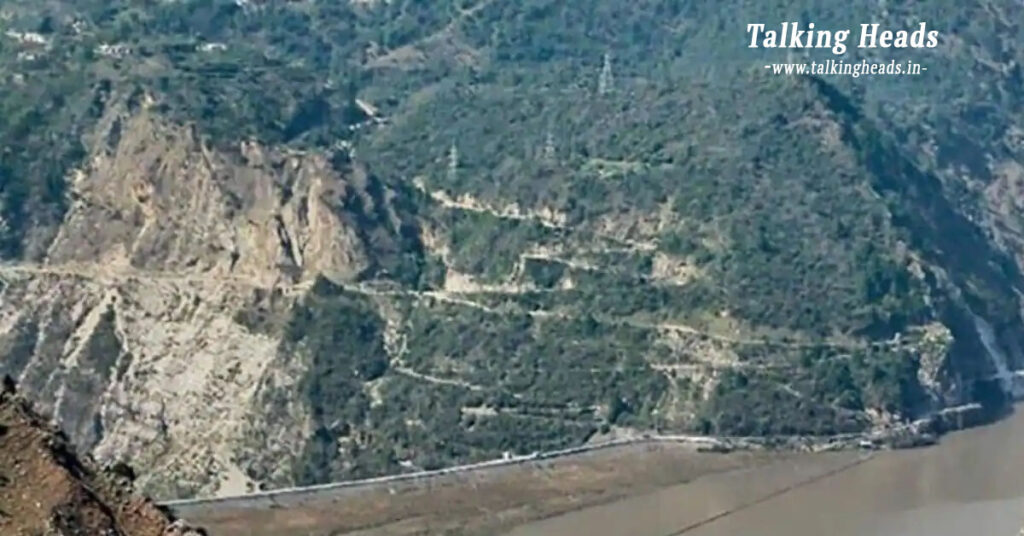On April 22, 2025, a brutal terror attack shook India when heavily armed militants dressed in army uniforms opened fire on tourists in Pahalgam. The assault led to the tragic loss of 26 innocent lives and left the nation mourning and enraged. India Shuts Baglihar and Salal Dams After Pahalgam Terror Attack, Triggering Water Crisis in Pakistan
Table of Contents
Baglihar Dam: A Long-Planned Hydropower Project with Strategic Significance
Located on the Chenab River in Jammu and Kashmir’s Ramban district, the Baglihar Dam is a significant part of India’s hydropower infrastructure. While the groundwork for this project began in 1961, it wasn’t until 1999—under the NDA government—that construction commenced.
Pakistan’s Objection and World Bank Intervention

From the onset, Pakistan raised concerns about the Baglihar project, arguing that it violated the Indus Waters Treaty of 1960. The matter escalated to international arbitration, and the World Bank appointed neutral expert Professor Raymond Lafitte to examine the case.
Water Strike Strategy: India Leverages Baglihar and Salal Dams
In the wake of the Pahalgam attack, India suspended water flow from both Baglihar and Salal Dams. These moves, along with the symbolic revocation of the Indus Waters Treaty, signaled a shift in India’s water diplomacy strategy. Pakistan, which heavily relies on the downstream flow of the Chenab River, started experiencing acute water shortages shortly after the water blockade.
Baglihar Dam’s Power and Storage Capacity

The height reduction ordered by the World Bank introduced sedimentation issues that could limit the dam’s operational lifespan. Without regular silt removal through techniques like drawdown flushing—approved by the World Bank—the reservoir risks becoming unusable in as little as 13 years. Despite these challenges, the dam continues to play a crucial role in improving the electricity supply in Jammu and Kashmir.
Strategic Utility of Baglihar in India’s Water Diplomacy
With limited but impactful water control capabilities, Baglihar and similar projects highlight the growing role of resource diplomacy in regional geopolitics. As tensions with Pakistan continue, India’s ‘Water Strike’ marks a new chapter in how nations leverage natural resources as instruments of policy and security.










